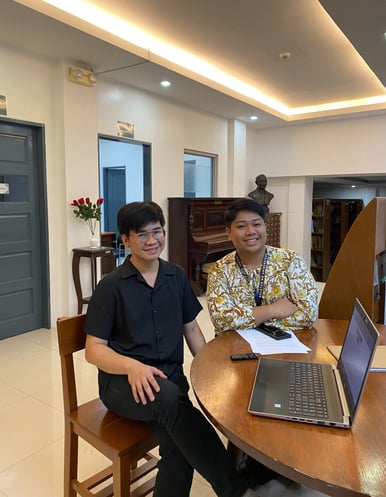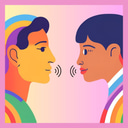
This oral history platform features carefully selected excerpts from the full interviews gathered during our community-based oral history project. During the Content Gathering phase, we reached out to Filipino LGBTQIA+ librarians through invitation letters and consent forms, conducted interviews with 10 participants, and collected their professional narratives. The oral history interviews were transcribed with the help of the Artificial Intelligence transcription service Good Tape, and the audio recordings were edited using CapCut to improve clarity and quality. Participants also provided photos and supplementary materials, all of which were organized into structured folders for further processing.
The excerpts presented here are organized thematically to highlight the shared experiences, insights, and stories of Filipino LGBTQIA+ librarians. Choosing to present selected portions instead of full transcripts and recordings reflects ethical oral history practice, as many stories are deeply personal and releasing full interviews could risk unintended exposure or emotional harm. We adopted a community-centered, collaborative approach where participants retained control over which stories to share, and all excerpts were reviewed and approved by them.
The content curation involved reviewing each interview to identify recurring themes such as the path to librarianship, professional journey, identity and career, recognition and visibility, community impact, challenges and resilience, career milestones, advice for aspiring professionals, and contributions to Library and Information Science. From these themes and approved content, we selected meaningful excerpts that convey both individual stories and collective narratives while keeping participants’ voices at the center of the process.
How We Curated the Oral Histories
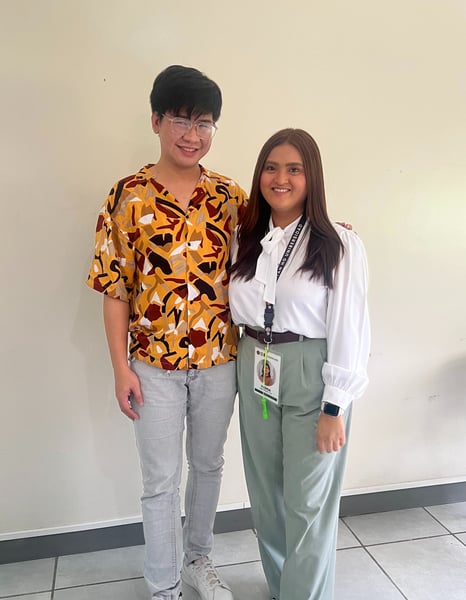


Full transcripts and complete audio recordings are not hosted on this platform. This decision reflects the access levels mutually agreed upon with each participant. Some stories shared in the interviews are deeply personal and may contain details that could affect the safety, privacy, or emotional well-being of the individuals involved.
While we recognize the value of transparency and open access in oral history work, we are equally committed to ethical practices rooted in care, consent, and community trust. All participants were allowed to review and approve the specific portions of their interviews they felt comfortable sharing publicly. Only the selected, participant-approved excerpts are published here.
As the project evolves, we are open to exploring options for limited or controlled access in academic or archival contexts, depending on continued dialogue and evolving consent from our participants. This approach remains grounded in respect for the storytellers and their right to control how their narratives are shared.
Access Boundaries
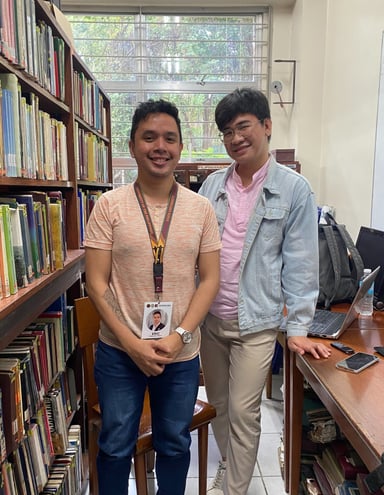

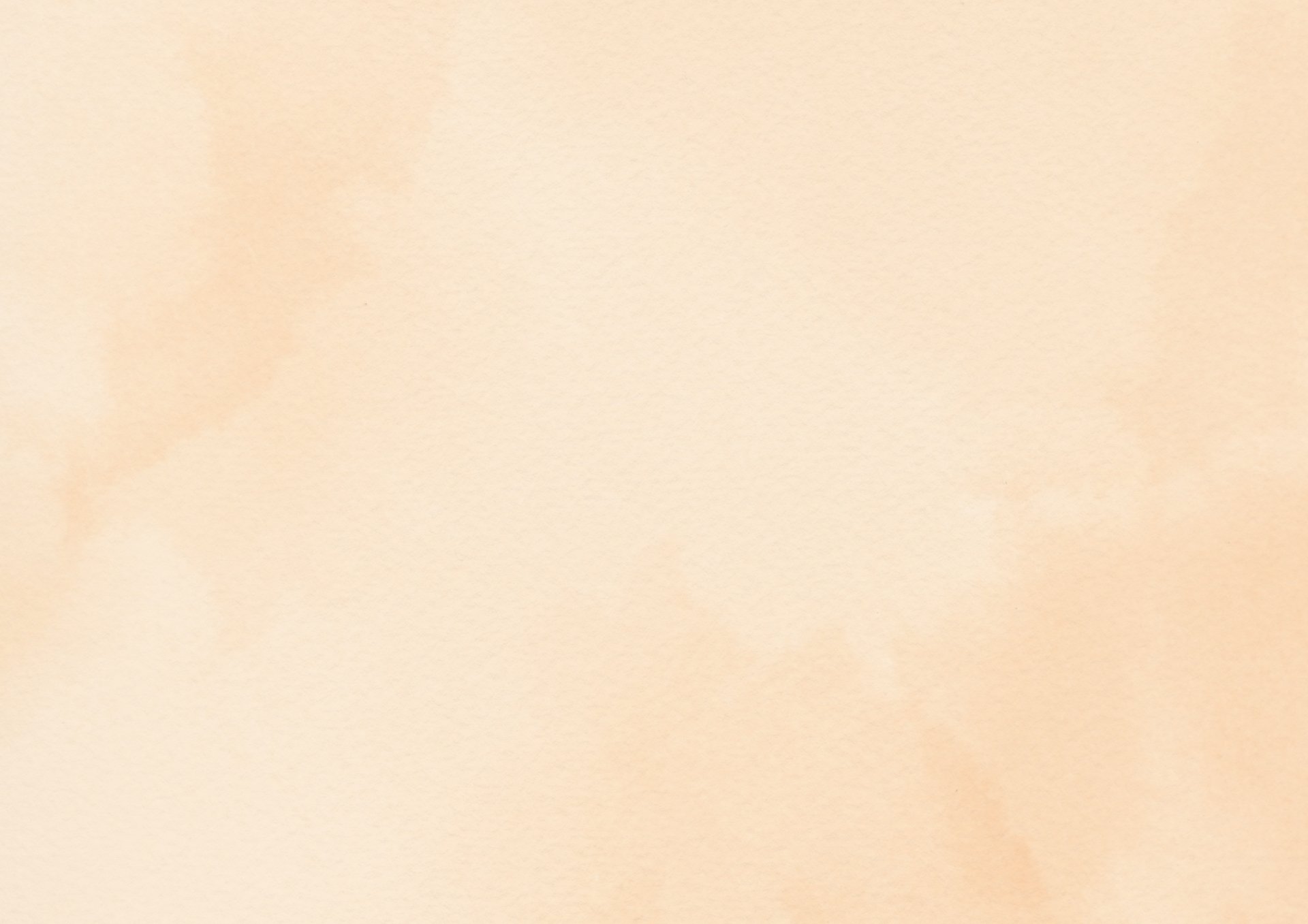
Managing Expectation
This oral history platform was never intended to serve as a comprehensive archive but was envisioned as a space for storytelling and reflection, a way to engage the public, amplify underrepresented voices, and spark meaningful conversations. We believe community-centered oral history must be built on trust, so by curating and publishing only what was freely shared and ethically approved, we uphold our commitment to responsible oral history practice. This project draws strength not from quantity, but from intention, care, and solidarity with the community it represents.
